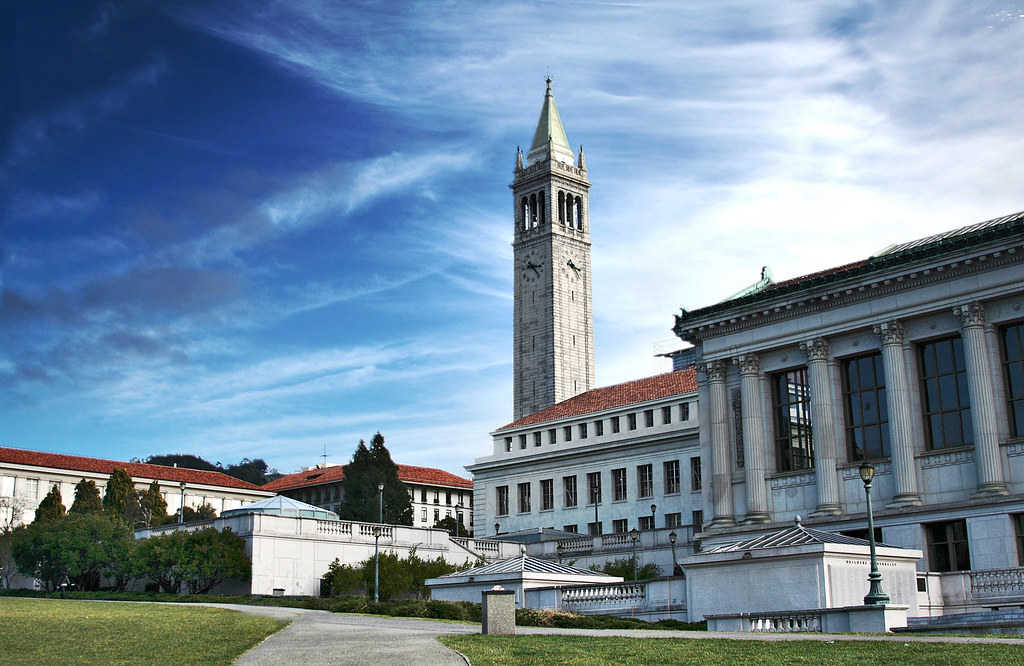
by ClausenCenter | Oct 31, 2019 | Conferences, Events

Program |

Venue |

Transport |

Hotel |

Contact |
UC Berkeley’s Clausen Center for International Business and Policy will hold its 3rd biennial Conference on Global Economic Issues on Saturday, November 16, 2019.
As in previous years, this invitation-only event will host prominent economists, policymakers, and industry participants. Some of our confirmed participants include Mary Daly, President, SF Federal Reserve; Calvin Ho, Senior Vice President and Director of Research for Templeton Global Macro; Jed Kolko, Chief Economist at Indeed; and Emi Nakamura, Andres Rodriguez-Clare, and Maurice Obstfeld all from University of California, Berkeley.
This year we welcome Dr. Gita Gopinath, IMF Economic Counsellor and Director of Research to give the keynote address.
We hope you can join us for what promises to be a lively and stimulating event.
>> Click here to view Clausen Conference 2019 Participant List
Program
| 9:00am-9:30am |
Registration & Breakfast |
| 9:30am-9:45am |
Opening Remarks
Pierre-Olivier Gourinchas, Director, Clausen Center, University of California, Berkeley
Kim Voss, Acting Dean, Division of Social Sciences, University of California, Berkeley |
| 9:45am-11:00am |
Session 1 – Rising Challenges for Emerging Markets
Chair: Carlos Carvalho, Former Deputy Governor, Economic Policy, Central Bank of Brazil
Panelists:
Alan Taylor, Professor, University of California, Davis
Veronica Rappoport, Vice President, Central Bank of Argentina
Calvin Ho, Senior Vice President and Director of Research, Templeton Global Macro
>> Click here for Session 1 Slides |
| 11:00am-11:15am |
Break |
| 11:15am-12:30pm |
Session 2 – China
Chair: Galina Hale, Research Advisor, Federal Reserve Bank of San Francisco
Panelists:
Chang-Tai Hsieh, Professor, University of Chicago
Maurice Obstfeld, Professor, University of California, Berkeley
Jeff Shen, Managing Director, BlackRock
>> Click here for Session 2 Slides |
| 12:30pm-2:00pm |
Lunch |
| 2:00pm-3:15pm |
Session 3 – Macro Implications of Structural Change in the Labor Market
Chair: Andres Rodriguez-Clare, University of California, Berkeley
Panelists:
Emi Nakamura, Professor, University of California, Berkeley
Mary Daly, President, Federal Reserve Bank, San Francisco
Jed Kolko, Chief Economist, Indeed
>> Click here for Session 3 Slides |
| 3:15pm-3:45pm |
Break |
| 3:45pm-4:45pm |
Egon & Joan von Kaschnitz Lecture
Keynote: Gita Gopinath, Economic Counsellor and Director of Research, International Monetary Fund
“A Case for an Intergrated Policy Framework“ |
| 4:45pm-5:00pm |
Closing remarks |
| 5:00pm-6:00pm |
Reception |

Venue
 All sessions and conference reception will be held at:
All sessions and conference reception will be held at:
David Brower Center
2150 Allston Way, Berkeley, CA 94704

Parking and Transportation
Parking
Parking Passes for participants can be reserved in advance. Contact econevents@berkeley.edu to request a permit.
Visitor Parking Map
Transportation
For additional transportation options, please visit Bart.gov or 511.org

Accommodation
Hyatt Regency, 5 Embarcadero Center, San Francisco
 Accommodation will be provided for out-of-town attendees. Please indicate if lodging is desired when completing your registration form and a reservation will be made on your behalf. We strongly recommend that attendees register by October 16, 2019.
Accommodation will be provided for out-of-town attendees. Please indicate if lodging is desired when completing your registration form and a reservation will be made on your behalf. We strongly recommend that attendees register by October 16, 2019.
Hotel confirmations will be sent out by November 1, 2019.
For guests staying at the SF Hyatt, transportation to and from conference venue will be provided.
NOTE: Berkeley lodging also available upon request.

Contact
For questions or comments please contact:
Clausen Event Staff, econevent@berkeley.edu
Event Planner
Pierre-Olivier Gourinchas, pog@berkeley.edu
Director, Clausen Center for International Business and Policy

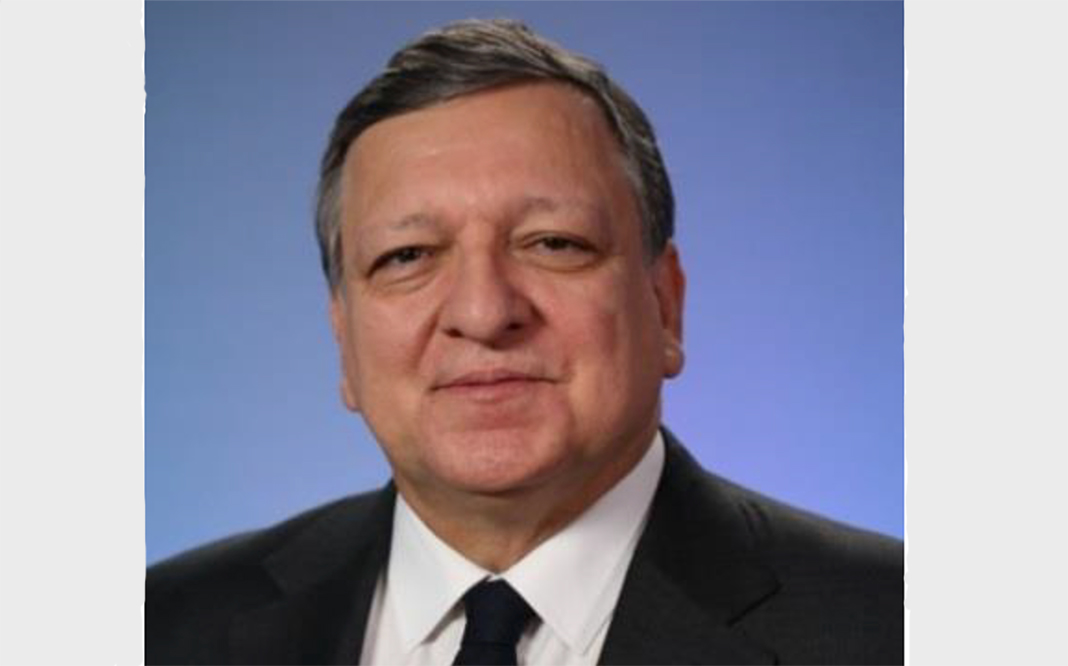
by ClausenCenter | Sep 3, 2019 | Events
Please join UC Berkeley’s Clausen Center for International Business and Policy and the European Union Center for a conversation with José Manuel Barroso, former president of the European Commission and former prime minister of Portugal. He also received a Nobel Peace Prize on behalf of the European Union in 2012. Barroso will discuss economic and political changes and challenges facing Europe.
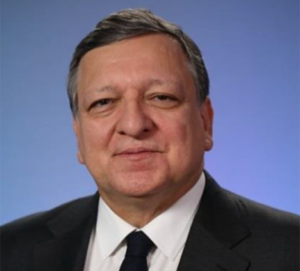
Barroso will be joined on stage by Economics Professor Maurice Obstfeld and Institute of European Studies Director Jeroen Dewulf. Questions from the audience will be collected and asked as time permits.
This event is open to the public.
Banatao Auditorium
310 Sutardja Dai Hall
University of California, Berkeley
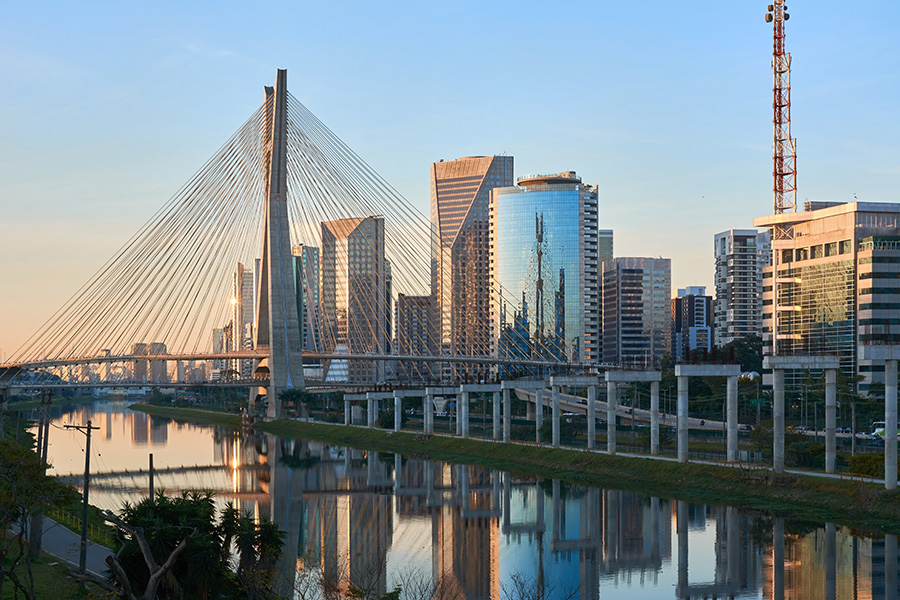
by ClausenCenter | Aug 12, 2019 | Conferences, Events, International Trade & Development
Sponsored by the Clausen Center for International Business and Policy at Berkeley and the Peterson Institute for International Economics University of California, Berkeley, February 13-14, 2020
Call for Papers
The last two decades of rapidly shifting comparative advantage have been associated with economic and social dislocations and trade policy tensions. Those factors played a central role in the election of Donald Trump to the U.S. presidency, who followed through on threats of aggressive trade actions against America’s trade partners. Because both major U.S. political parties now embrace trade skepticism, more belligerent international trade policies and the accompanying trade disputes are likely to remain a feature of the global scene even under future presidents.
Much of the trade-skeptic agenda comes from a desire to shift macroeconomic outcomes – whether labor-market outcomes, trade deficits, or overall economic growth. It is therefore critical for policymakers to have a firm grasp on the macro implications of trade policies. The academic literature on that subject has lagged behind modern modeling advances in other areas of economics, perhaps because those advances occurred in a period when a rules-based international trading system largely kept trade hostilities in check. Policymakers intervening to offset supposed effects of trade would also benefit from a better understanding of how the forces of globalization (as opposed to other economic trends) have shaped economic outcomes.
This conference aims to update the analytical framework for analyzing trade policies and trade shocks to encompass modern developments in macro modeling and in trade theory. The goal is to encourage people to write papers that are compatible with the basic requirements in both the trade and macro literatures and allow economists to provide quantitative answers to questions about the short- and long-run impacts of trade policies and shocks on the trade balance, employment, real wages, income distribution, growth, and welfare.
To that end, we welcome submissions across a range of topics that include but are not restricted to theoretical and empirical studies on:
- The effects of trade shocks on
- labor-market dynamics
- income distribution
- external imbalances and growth
- exchange rates
- direct investment flows and production location
- The rising importance and implications of global value chains.
- The appropriate macro policies to deal with trade shocks.
- The links between trade deficits and labor market outcomes.
- The role of bilateral imbalances and the economic costs of trade diversion in response to tariffs.
- The dynamics of trade warfare.
- The possible emergence of regional trading blocs.
- Macro impacts of quotas and other quantitative trade restrictions.
- Impact and longer-run effects of Brexit.
- Trade and investment effects of potential tax reforms.
- The linkages between global trade volume and global growth.
- The effects of trade policy uncertainty
Papers that integrate some aspect of trade in a macro framework will have priority. Proposals should be no more than 300 words in length and should give a clear account of the question(s) to be addressed and the analytical and/or empirical methodology, although they may be accompanied by draft papers.
Please send all proposals to:
The deadline for receipt of proposals is September 12, 2019.
Download a PDF of this call for papers.
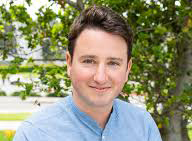
by ClausenCenter | Aug 1, 2019 | News
PROSPECT MAGAZINE SELECTS GABRIEL ZUCMAN FOR ITS 2019 TOP 50 THINKERS LIST
Prospect has included Professor Gabriel Zucman (University of California Berkeley) in its annual list of the world’s top 50 thinkers. The annual list pays tribute to the scientists, philosophers, and writers reshaping our times. Zucman was selected for his research and writings about tax havens, as well as his work analyzing wealth tax plans.
Read the article.

by ClausenCenter | Jun 12, 2019 | News
GABRIEL ZUCMAN, WINNER OF THE 18TH EDITION OF THE BERNÁCER PRIZE
The 2018 Bernácer Prize has been awarded to Professor Gabriel Zucman (University of California Berkeley) “for his influential research on wealth inequality and the redistributive effects of globalization.”
The Bernácer Prize is awarded annually to European economists under the age of 40, who have made outstanding contributions in the fields of macroeconomics and finance.
The prize was established in 2001 to recognise the work of young economists from the European Union and to stimulate research on European macroeconomics and financial issues.
See announcement.

 All sessions and conference reception will be held at:
All sessions and conference reception will be held at: Accommodation will be provided for out-of-town attendees. Please indicate if lodging is desired when completing your registration form and a reservation will be made on your behalf. We strongly recommend that attendees register by October 16, 2019.
Accommodation will be provided for out-of-town attendees. Please indicate if lodging is desired when completing your registration form and a reservation will be made on your behalf. We strongly recommend that attendees register by October 16, 2019.



